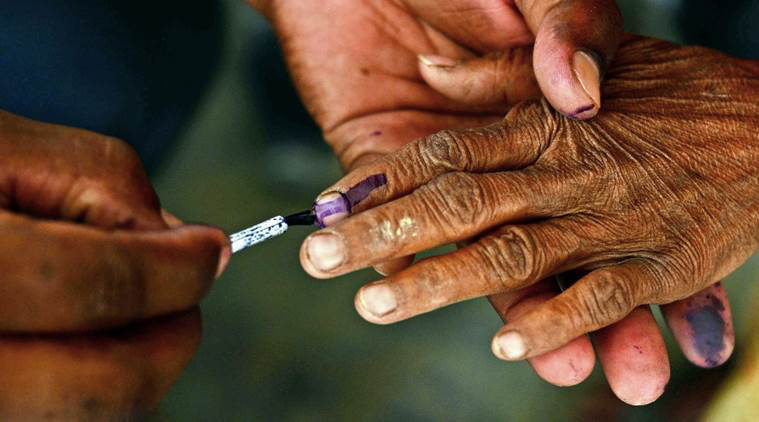Anger and despair about Covid dominate news and conversation. How pathetically Indian public health has failed!
Every party points fingers at others. Yet in some sense voters in a democracy must be part of the problem. Voters have had chances galore to make public health a top electoral priority but never do. Instead, they focus on shorter-term issues with quick benefits — subsidies, freebies, job quotas. Thus, democracy itself promotes myopia, prioritising short-term issues over longer-term ones.
Voters know how important long-term issues are, notably public education, health, police, and courts. Yet voters and politicians also know that transforming such areas will take time and constantly be sabotaged by vested interests. These issues are acknowledged as important but not as urgent as short-term ones. And so, in political contests, myopia beats long-sightedness hollow.
Ironically, a broad consensus exists across parties on many of these longer-term issues. Yet parties know elections are won and lost on short-term issues.
This is true of all democracies. But electoral systems differ from democracy to democracy, and some are better at getting the short-versus-long term balance right. India needs a fundamental democratic overhaul to make it myopic and less dependent on bribes and black money.
When the first elections were held in India in the 1950s, state and central elections were simultaneous. Every central and state government had five years to focus on longer term issues. However, the Constitution did not provide for fixed terms for governments. If any government fell for any reason, midterm elections would be held. So, governments could be toppled in the middle of their terms. This greatly increased the importance of dirty tricks, bribes and sale of ministerships and other lucrative posts. Majorities no longer had to be won in elections. They could be manipulated through the dirtiest and most reprehensible politics.
Toppling governments was not a monopoly of any party. The first elected government to be dislodged — through street agitations, not bribes — was the Communist government in Kerala in 1958. But then in the 1960s a string of Congress defectors formed a coalition government with Opposition parties right across India. The era of defections had arrived with a bang and never disappeared. Many attempts were made to ban defection through new laws — if less than one-third of members of a party defy the party whip, this was called defection and not a party split, and the defectors lost their seats. This discouraged defection, but a new tactic has been devised to get around this. A sitting legislator can be “persuaded” to resign his seat in return for money and promises of ample funding in a by-election. This has already brought down more than one state government. It is a terrible distortion of democracy.
In practice, some election or another is held every few months. No sooner does the dust settle on one election than plans begin for the next. Unlike Nehruvian days, there is no period of several years when governments can focus on longer-term issues. They need to focus instead on short-termism in ways inconceivable to those who drew up the Constitution. It was never the Constitution’s intent to have non-stop elections. Yet that is currently the case.
What Constitutional changes do we need? First, after every election, the relevant Assembly should be asked to elect a leader who will hold office for a full five years regardless of defections, by-elections, or anything else. It will sometimes mean minority governments in office but that is nothing new — Narasimha Rao in 1991-96 and Manmohan Singh in 2004-09 ran minority governments for full terms.
If a chief minister is elected by the House for five years, and cannot be dislodged by defections or other threats, that will greatly improve political stability, morality, and sale of ministerships. If a chief minister dies in office, he should be succeeded by the deputy chief minister. The fixed five-year term must reign supreme.
I oppose simultaneous elections to the states and centre every five years. We need elections more often than that to test public thinking and de-link national politics from state politics. State elections should be held halfway through a national election’s five-year term. Net result: we will have elections every two and a half years, alternating between the national and state level.
I have suggested such electoral reforms several times in the last five decades. Many see the logic of it, but no one is willing to actually change the system. That will create too many short-term winners, and for that reason, the longer-term gains will be ignored. India seems condemned to domination by short-termism. Long-term issues like public education, health, policing, and courts will remain substandard and resistant to change.


